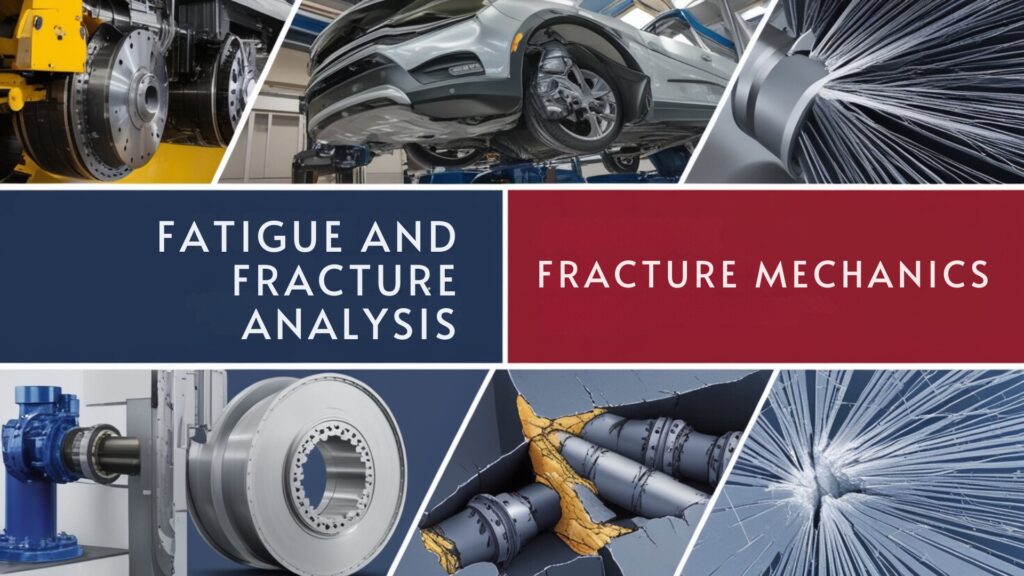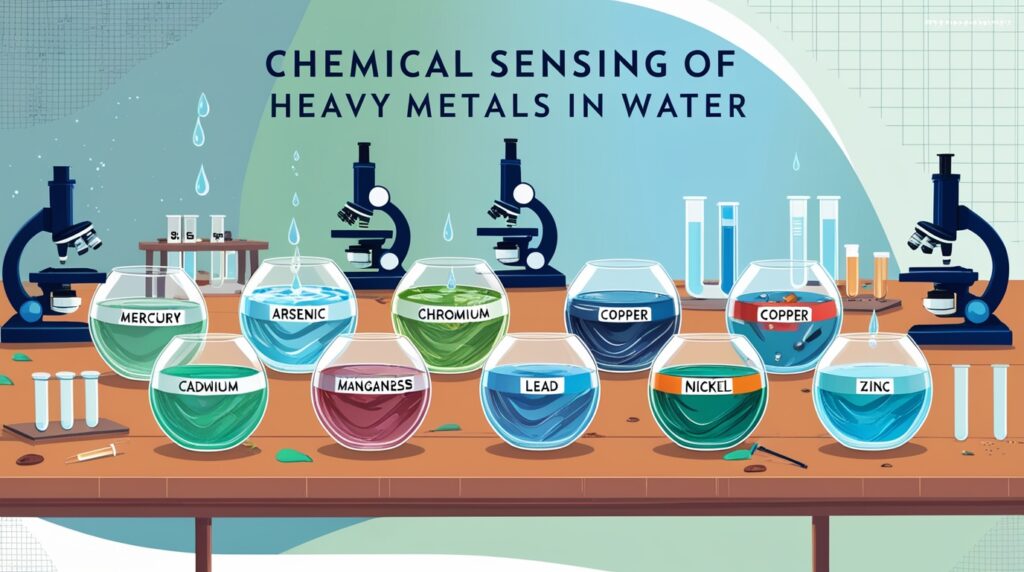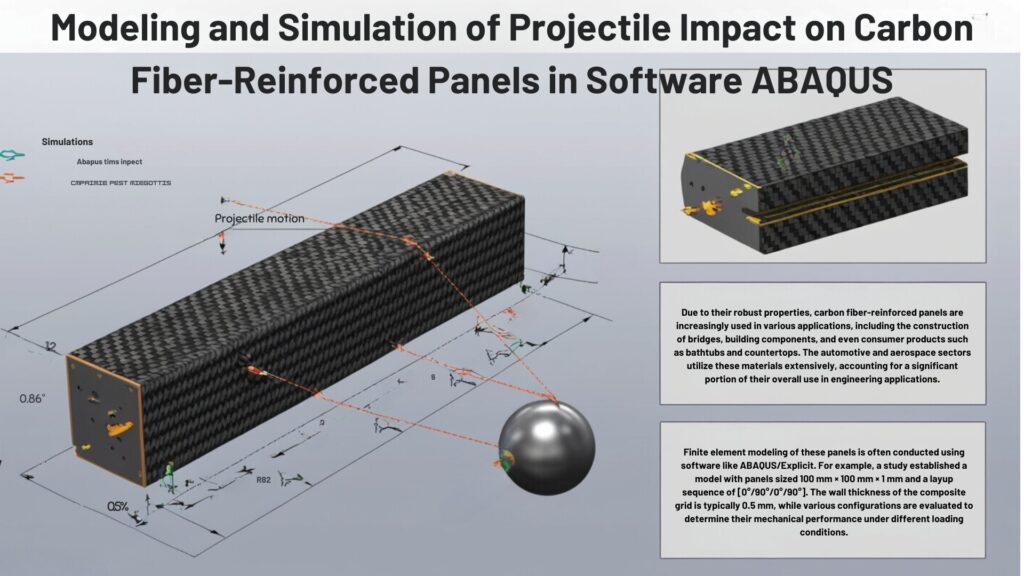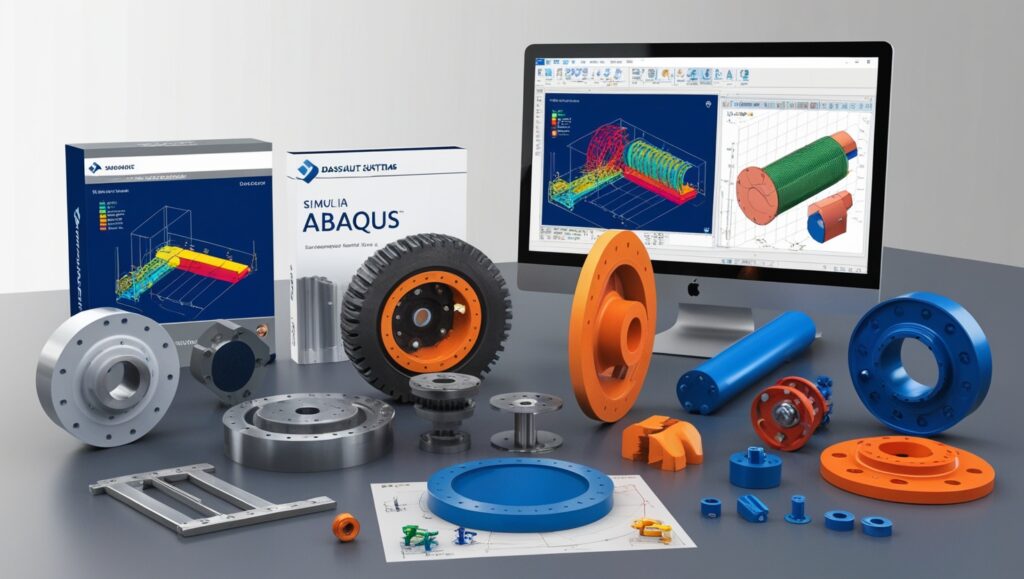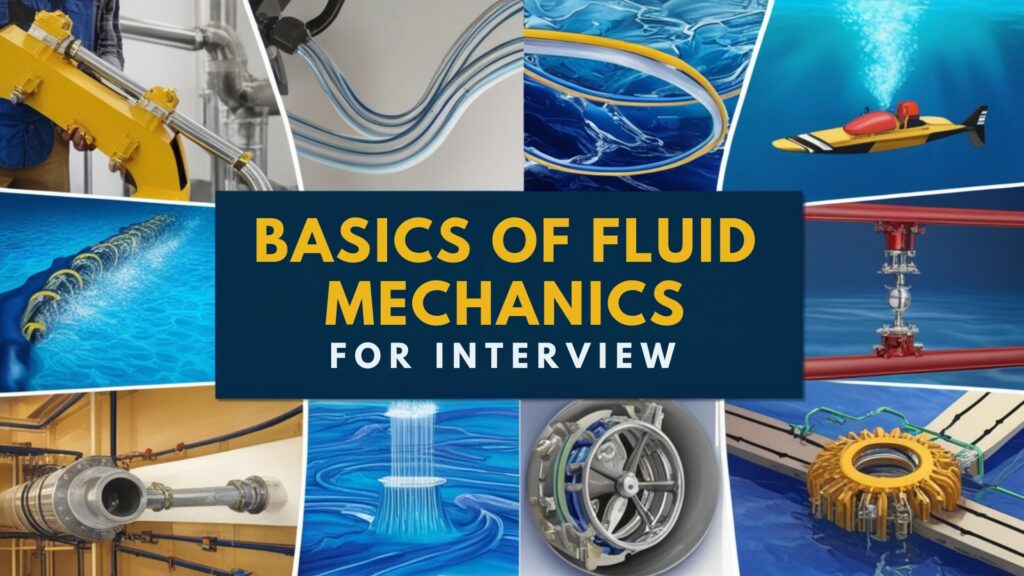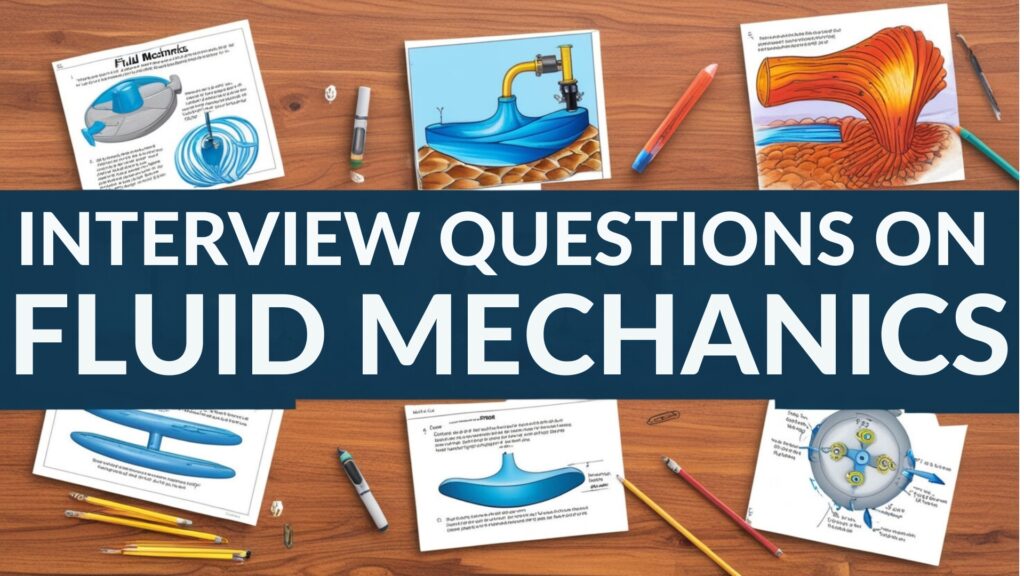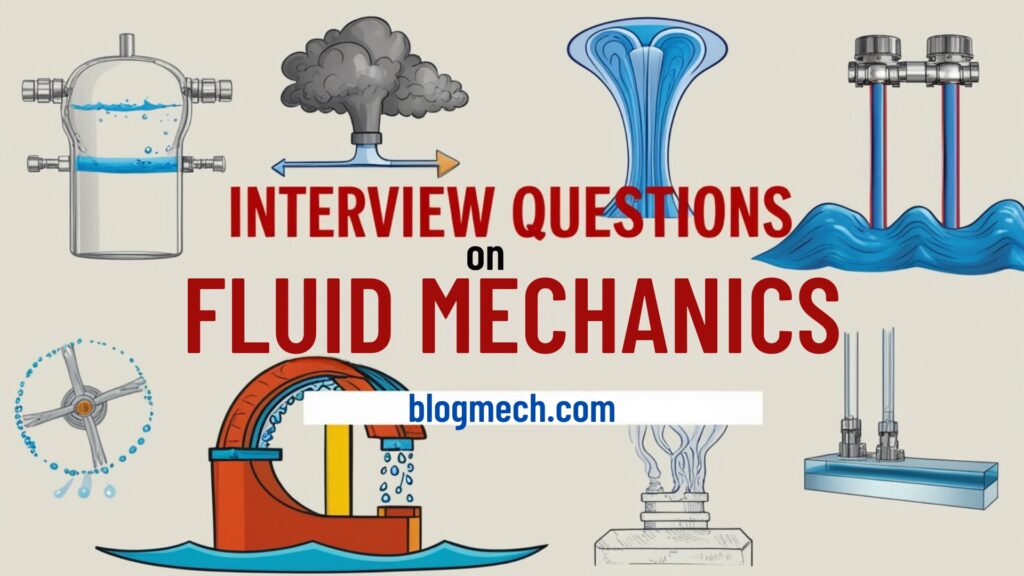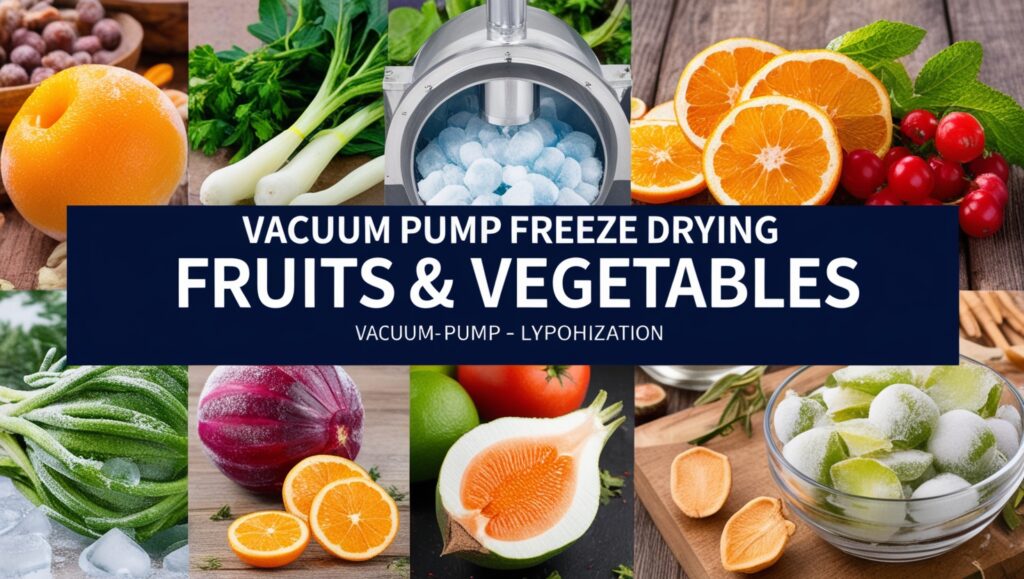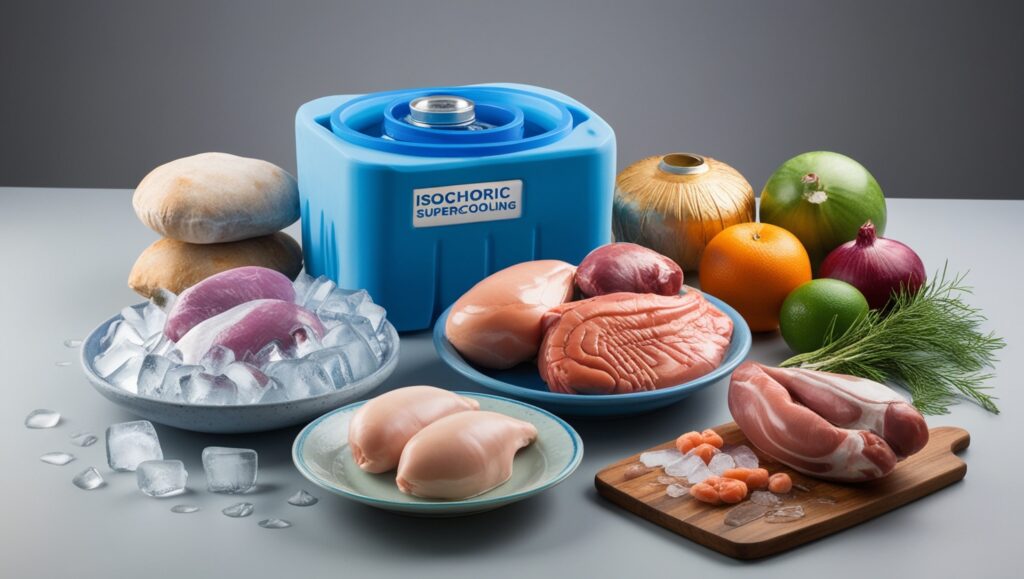Fatigue and Fracture Analysis
Introduction Fatigue and Fracture Analysis is a critical field of engineering that examines the mechanisms and implications of material fatigue and fracture under cyclic loading conditions. It encompasses the study of how materials fail when subjected to repetitive stress, leading to structural integrity concerns in various industries, including automotive, aerospace, and civil engineering. The historical significance of this field is underscored by notable failures, such as the 1842 Versailles train crash, which highlighted the need for understanding material behavior and initiated advancements in design and testing protocols. The study is primarily divided into two key areas: fatigue analysis and fracture mechanics. Fatigue refers to the progressive weakening of materials due to […]
